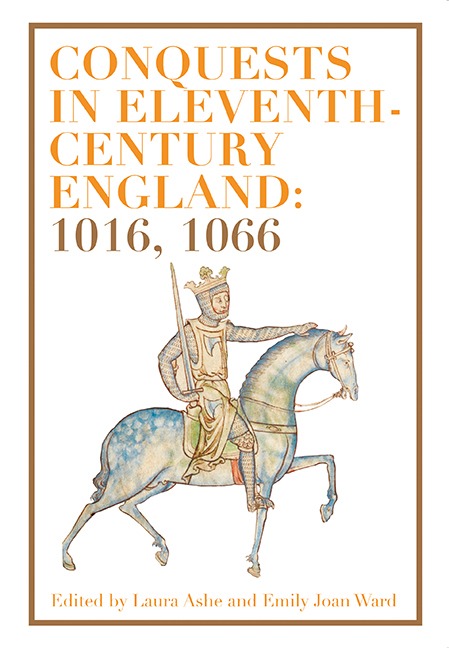6 - Episcopal Exon? Exeter, Cathedral Library, MS 3500 and the Role of Bishops in the Domesday Survey
Published online by Cambridge University Press: 26 April 2020
Summary
Bishops played a crucial part in the government of England and in the consolidation of the Anglo-Norman regime after 1066. Yet in spite of their fundamental importance, many of the Conqueror's bishops remain shadowy figures, especially those who began their careers as secular clerks rather than monks. Their political contribution can often be detected most clearly in contemporary documentary sources. Nowhere is this more apparent than in the corpus of texts associated with the Domesday survey of 1086, through which the Conqueror sought to formalize and codify his conquest.
Exeter, Cathedral Library, MS 3500, better known as Exon Domesday, is the earliest surviving product of the survey. It is a remarkable witness to a formidable administrative undertaking. The manuscript is a partially preserved record of the stage of the Domesday process immediately anterior to the compilation of Great Domesday Book, for the five south-western counties which comprised ‘Circuit II’ of the survey. The majority of the text consists of entries about manors, structured like the entries in Great Domesday Book, though containing extra information which is omitted from Great Domesday, especially material concerning livestock.
The text has been edited only once, by Henry Ellis in 1816, and is unavailable in translation. Now, however, the AHRC-funded project ‘The Conqueror's Commissioners: Unlocking the Domesday Survey in the South West of England’ is working towards redressing that neglect. Its aim is to make material relating to Exon more accessible to scholars, including an online facsimile, expanded Latin text, English translation, and a full palaeographical and codicological description, and thereby to offer valuable new insights into long-standing debates about the execution and the purpose of the survey.
In its current form, this main portion of the text (hereafter referred to as Exon Fiefs) is incomplete. It covers all of Somerset and Cornwall and most of Devon, but only about half of Dorset and a single manor in Wiltshire. The entries are arranged feudally, with the lands of each tenant-in-chief grouped together. There is a major divide between entries pertaining to Devon, Cornwall and Somerset, on the one hand, and Dorset and Wiltshire on the other. Thus the estates of tenants-in-chief like William de Moyon (d. after 1090), who held land in Wiltshire, Dorset, Somerset and Devon, are recorded in two separate sections.
- Type
- Chapter
- Information
- Conquests in Eleventh-Century England: 1016, 1066 , pp. 99 - 120Publisher: Boydell & BrewerPrint publication year: 2020



